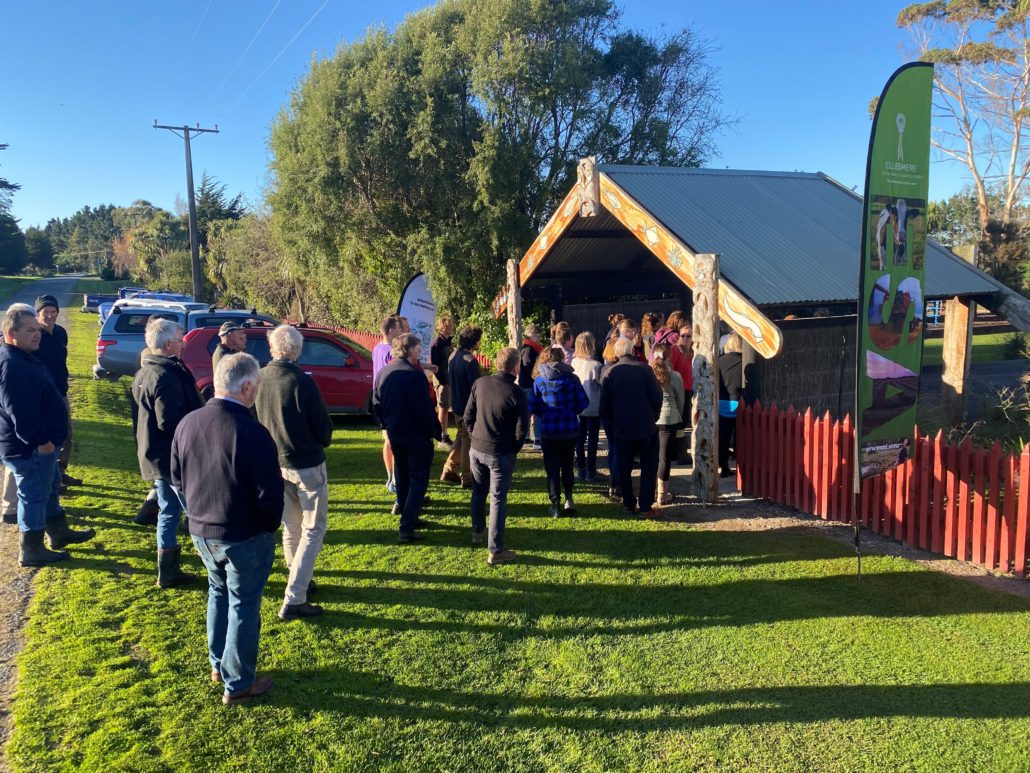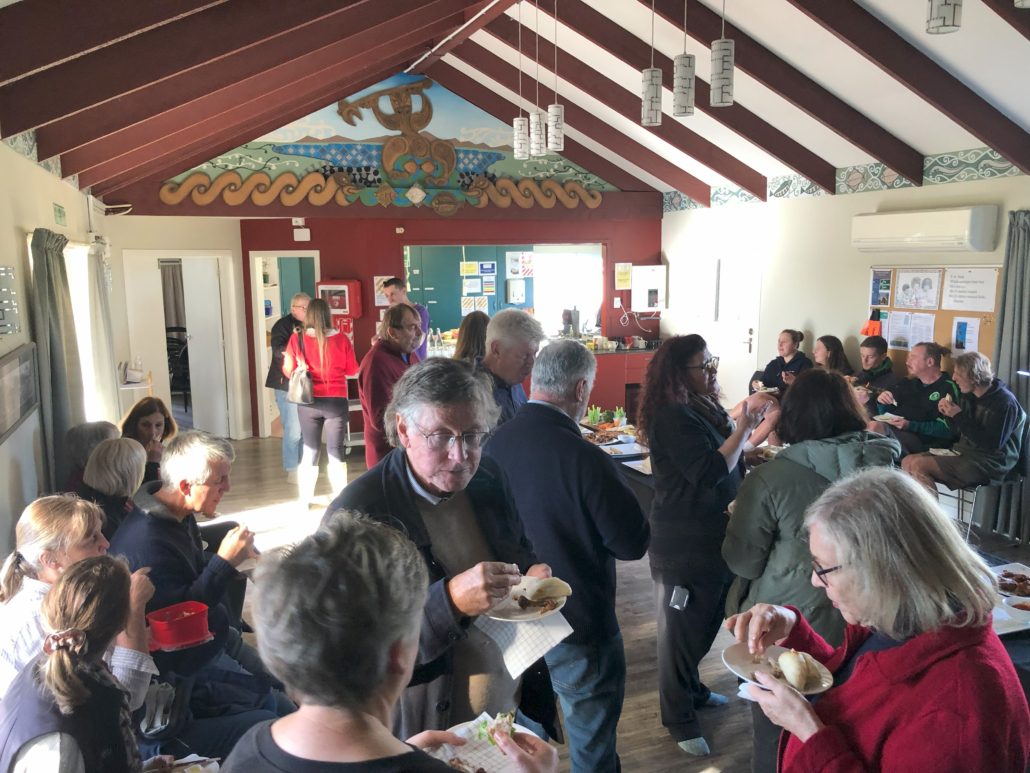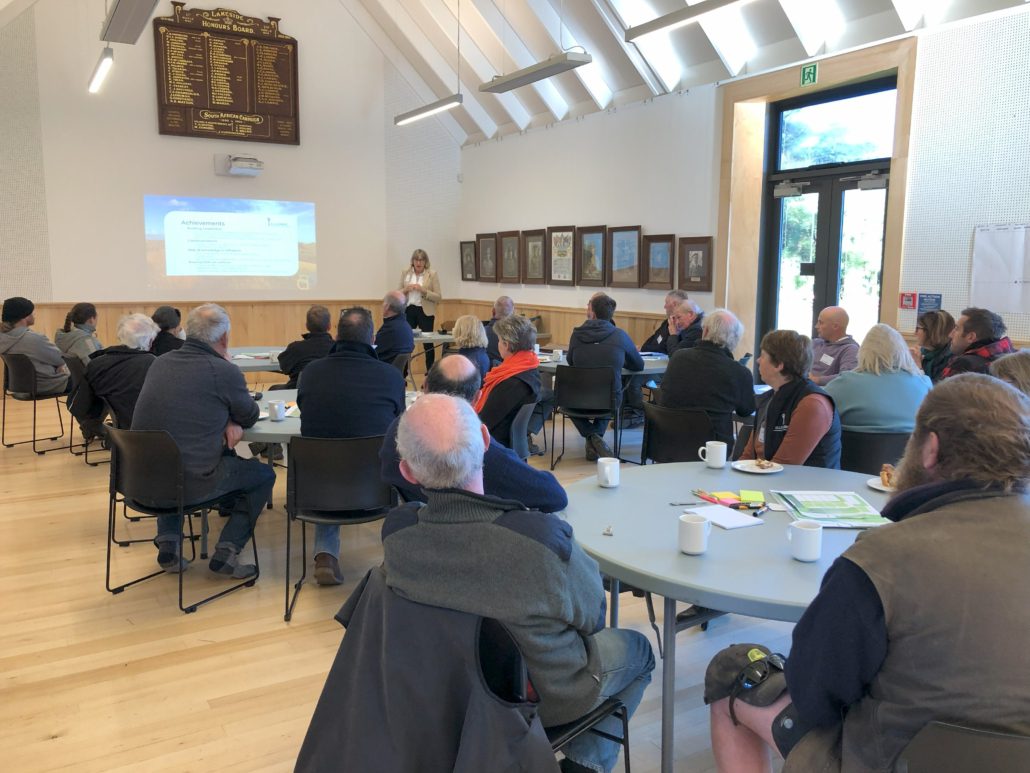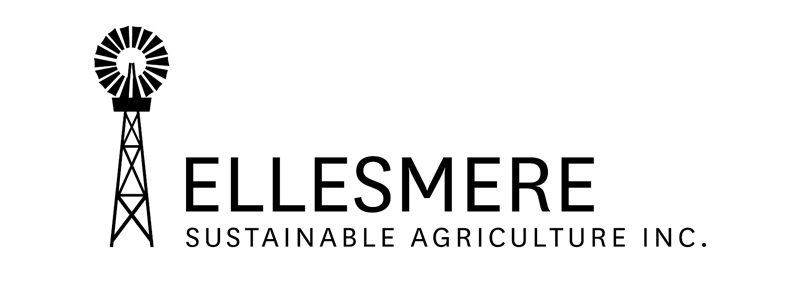A Successful Finish to the Tinaku Project
With the current funding now drawing to a close it was reassuring to get such a good turn out to the final two workshops of the Tinaku Project.
Mahinga Kai Workshop
On the 31st May ESAI teamed up with the Whakaora Te Waikēkēwai Project and ECan to deliver an informative workshop on mahinga kai at Te Pa o Moki Taumutu. Around 40 people attended the workshop which started with an update from the team on the Whakaora te Waikēkēwai project and some of the history around Taumutu. Then we heard from Channell Thoms from ECan who gave an educational presentation on her research into Kēkewai (fresh water crayfish) and Kākahi (fresh water mussels) in the Canterbury region. Channell also expanded on the concept of mahinga kai and all that it incorporates for Māori. Although Channell studied ecological science she highlighted that it is important to her to embrace the cultural connection she and other Māori have with the environment, to see things through two eyes, and she encouraged those gathered to remember that we are all part of nature and the natural cycles of life.

A great turn out for the Mahinga Kai workshop at Te Pā o Moki
![]()
![]()
For the 2nd half of the workshop those attending broke into smaller groups and Sylvia McAslan (ECan) asked each group to reflect on Channell’s presentation and ask themselves what they now knew about mahinga kai? Most of those attending hadn’t appreciated until the day that mahinga kai is much more then just food, it includes all natural resources and harvesting them in a way that is sustainable and protects them for the future. The groups were also asked to think about the mahinga kai at their own place, what they already have and what steps could be taken to improve and increase the natural biodiversity where they live. There was a strong message coming through on the day, to do what you can in your own back yard and if everyone makes improvements then the benefits will be significant.
The workshop finished with some delicious kai prepared by the marae staff and for those who wanted to stretch their legs there was the opportunity to walk around Te Repo Orariki afterwards and enjoy the wonderful weather and peaceful surroundings.


Delicious Kai was enjoyed by all
Planning for the Future
For ESAI, planning and preparing for the future is essential to enable the group to continue and carry on with the great work that has been achieved so far. Strategic planning is an important aspect of any group wanting to be successful and on the 8th of June ESAI arranged a strategic planning workshop which was facilitated by Chris Coughlan from Rural Coach.
30 people gathered in the Lakeside Hall, a mix of ESAI farming members, ESAI board members, Tinaku staff and other notable stakeholders to think about and plan for the future of ESAI. Tim Chamberlain the current board chairman gave an introduction on ESAI and went through some of the achievements of the group to date. He also reflected on the last strategic planning meeting that took place in 2019, the targets and intensions identified in that meeting resulted in the funding from MPI and the beginning of the Tinaku Project.
Much work had already been done by the board ahead of the workshop, in particular working on a ‘vision’ that accurately represented what the majority wanted to see from ESAI. It was encouraging to see lots of robust and fervent discussions happening amongst the groups deliberating the vision proposed and defining goals and actions required to achieve it.
Strategic planning is not just having aspirations for the future but also recognising potential risks and barriers to achieving goals and objectives, the most prominent of these in ESAI’s case were the issues around succession. Finding new board members and also ensuring that younger farmers are being recruited to join ESAI were key points raised. Funding was another major concern as without financial support from MPI much of the current work would be discontinued.
Whilst Chris did an excellent job of facilitating the workshop and getting the conversations started, she reiterated that it is the group that ultimately makes the decisions and sets the goals for the future and so it is important that others are involved in the process. Chris will produce a detailed report of her findings and it will be presented at the AGM in August.

Strategic Planning Workshop



